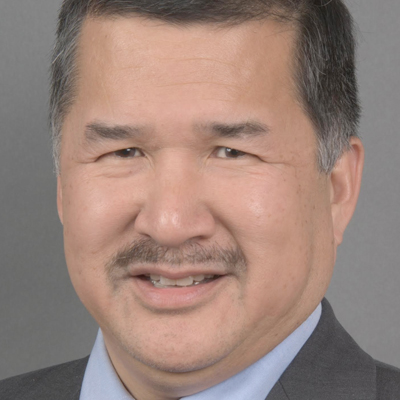Fundamental research paired with clinical practice leads to breakthroughs in the creation of effective antibiotics
The first patient Dr. Ferric Fang cared for as a young medical student at the Massachusetts General Hospital was an elderly man with a Salmonella infection. His death despite Dr. Fang’s team’s best efforts left a large impression on Dr. Fang’s later work as a provider. As a physician-researcher at the University of Washington School of Medicine, Dr. Fang has dedicated his career to studying how host immune cells kill bacteria and how pathogenic bacteria evade killing. Considering himself a clinician first and a researcher second, Dr. Fang performs patient-centered research that helps him to understand how to improve outcomes for patients with infections. His particular focus on infections caused by Salmonella and methicillin-resistant Staphylococcus aureus (MRSA) ensures that his research will have a high impact.
At the University of Washington, Dr. Fang’s primary responsibility is to oversee the clinical microbiology laboratory. In the laboratory he is able to analyze every culture and use this information to guide patient care. The daily work of the clinical laboratory makes a true difference in patients’ lives. In addition, his work in the laboratory provides a constant reminder that bacteria have become increasingly resistant to antibiotics. With the supply of new antibiotics dwindling, some bacterial infections have even become untreatable. The basic research he performs as the leader of one of the world’s top research labs studying nitric oxide and infection will help to provide a foundation for new approaches to treating infections.
Current research includes:
-
Nitric Oxide: The central focus of Dr. Fang’s lab is a molecule called nitric oxide, which is produced by host cells. Nitric oxide has many important biological functions, one of which is to inhibit growth of microbes including parasites, fungi, bacteria and viruses. Dr. Fang’s lab has made a number of fundamental discoveries about how nitric oxide works on bacteria and how bacteria resist its actions. Most recently they have discovered that antibiotic drugs differ in their interactions with nitric oxide: some work better in the presence of nitric oxide while others are inhibited.
- Broad Scope: Dr. Fang is involved in a broad range of other projects. Some of them include bacterial stress responses, mammalian and bacterial iron metabolism, the pathogenesis of human typhoid fever, the impact of gene regulatory mechanism on bacterial evolution, scientific ethics, and the development of novel molecular diagnostic tests for infectious diseases.
Bio
Dr. Ferric Fang comes from a long line of healers. His great-grandfather was a traditional medical practitioner in China, and his grandfather and father were both physicians. As a child he took a keen interest in the natural world. Spending much of his time exploring, visiting museums, overturning rocks and chasing insects, Dr. Fang’s passion for curiosity-driven research had its roots in his own backyard. His journey to becoming a physician-researcher was a logical path given his curiosity, passion for helping others, and guidance from inspirational mentors.
Over the course of his career, Dr. Fang has cared for many patients with infections. Although antibiotics are often effective when used properly, he has also seen patients fail to respond to treatment even though their infections are caused by bacteria that appear sensitive to antibiotics in the laboratory. He has devoted his career to studying how host immune cells kill bacteria and how pathogenic bacteria evade killing, with a particular focus on infections caused by Salmonella and the “superbug” MRSA. His work has convinced him that understanding how antibiotics interact with the immune system will provide a key to making them work better.
In his free time, aside from research, Dr. Fang immerses himself in his other passions, jazz music and family. At one time he hoped to pursue a musical career himself. Now he celebrates the creative accomplishments of his grown children, an animator and a musician.


